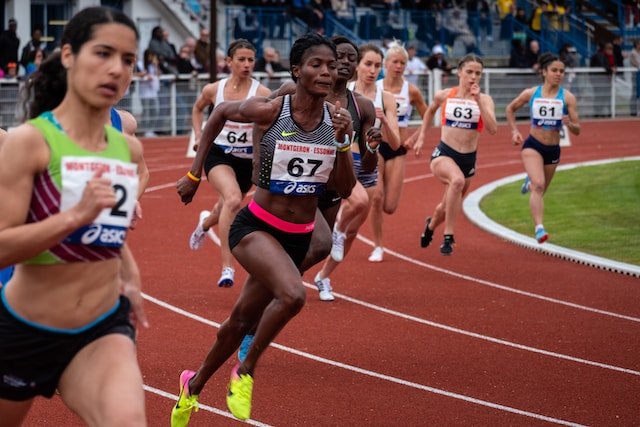In a recent court ruling, Caster Semenya, the South African Olympic champion, has been granted permission to appeal the controversial testosterone limit imposed on female athletes. This decision marks a significant development in the ongoing debate surrounding gender and fairness in sports. In this article, we delve into the background of the case, examine the implications of the appeal, and discuss its broader significance within the realm of women’s sports.
Background: Understanding the Testosterone Limit
In 2018, the International Association of Athletics Federations (IAAF), now World Athletics, introduced regulations that set a limit on the amount of naturally occurring testosterone allowed in female athletes competing in middle-distance track events. The decision was primarily aimed at athletes with differences in sexual development (DSD), which includes Semenya. The testosterone limit was justified on the basis of ensuring fair competition and maintaining a level playing field for all athletes.
Semenya’s Legal Battle
Caster Semenya, a dominant force in women’s athletics, challenged the regulations, arguing that they unfairly targeted and discriminated against athletes with naturally high levels of testosterone. She contended that her condition, hyperandrogenism, was a natural and inherent characteristic that should not disqualify her from competing in women’s events.
In 2019, Semenya took her case to the Court of Arbitration for Sport (CAS) and lost. The court ruled that the regulations were necessary to ensure fair competition. Semenya, however, did not give up her fight for equality and subsequently appealed the decision to the Swiss Federal Supreme Court. In a significant turn of events, the court has now granted Semenya the opportunity to challenge the testosterone limit once again.
Implications of the Appeal
Semenya’s appeal has wide-ranging implications for the future of women’s sports and the ongoing debate surrounding testosterone regulations. If successful, her challenge could potentially overturn the testosterone limit and pave the way for other athletes with naturally high testosterone levels to compete freely.
The appeal also opens up discussions about the complexities of defining gender in sports. While testosterone levels have long been used as a criterion to differentiate male and female athletes, the question of whether such regulations truly guarantee fairness remains contentious. Critics argue that the current regulations reinforce gender stereotypes and discriminate against individuals with natural variations in hormone levels.
Significance for Women’s Sports
Semenya’s appeal represents a critical moment in the struggle for gender equality within the sporting world. It highlights the need for nuanced discussions and comprehensive policies that consider a broader range of factors beyond testosterone levels alone. As the conversation evolves, it becomes increasingly important to strike a balance between ensuring fair competition and respecting individual differences.
Conclusion
The court’s decision to grant Caster Semenya the opportunity to appeal the testosterone limit for female athletes marks a significant step in the ongoing debate surrounding gender and fairness in sports. This case has far-reaching implications, not only for Semenya herself but also for all athletes who face similar challenges. As we move forward, it is crucial to continue the conversation around testosterone regulations, gender equality, and the evolving nature of women’s sports.












